Discover the versatile flavor of dried juniper berries - the key ingredient in gin that transforms meats, cocktails, and desserts with its unique piney, citrusy notes. Whether you're a home cook or cocktail enthusiast, this guide shows exactly how to use dried juniper berries effectively.
What Are Juniper Berries?
Despite their name, juniper berries aren't true berries but the fleshy seed cones of juniper trees (primarily Juniperus communis). These small blue-purple berries are the essential botanical in gin production and have been used in European cuisine for centuries.
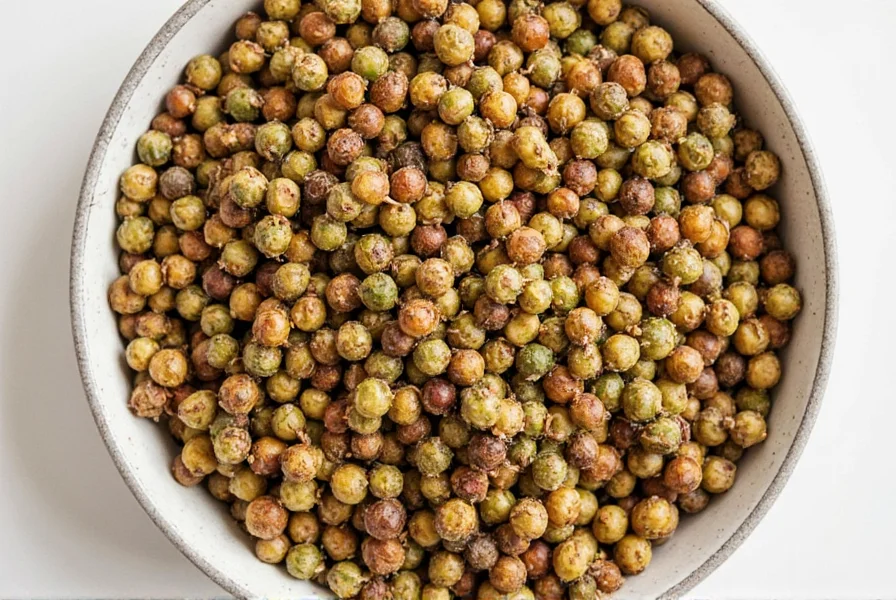
Flavor Profile
Dried juniper berries deliver a complex flavor profile that includes:
| Flavor Component | Description |
|---|---|
| Aroma | Fragrant, woodsy, reminiscent of pine needles |
| Taste | Bitter-sweet, peppery, with citrus undertones |
| Mouthfeel | Dry, slightly astringent |
| Best Used In | Meat rubs, marinades, stews, sauces, gin |
Health Benefits
Juniper berries contain antioxidants and have been traditionally used for:
- Supporting digestion and reducing bloating
- Diuretic properties to flush excess fluids
- Antimicrobial effects against certain bacteria
Important: Consult a healthcare professional before using juniper berries medicinally.
10 Creative Uses for Dried Juniper Berries
1. Meat Rubs for Game and Red Meats
Crush 2-3 berries with salt, pepper, rosemary, and thyme for a perfect rub on venison, lamb, or beef. The piney notes complement rich meats beautifully.
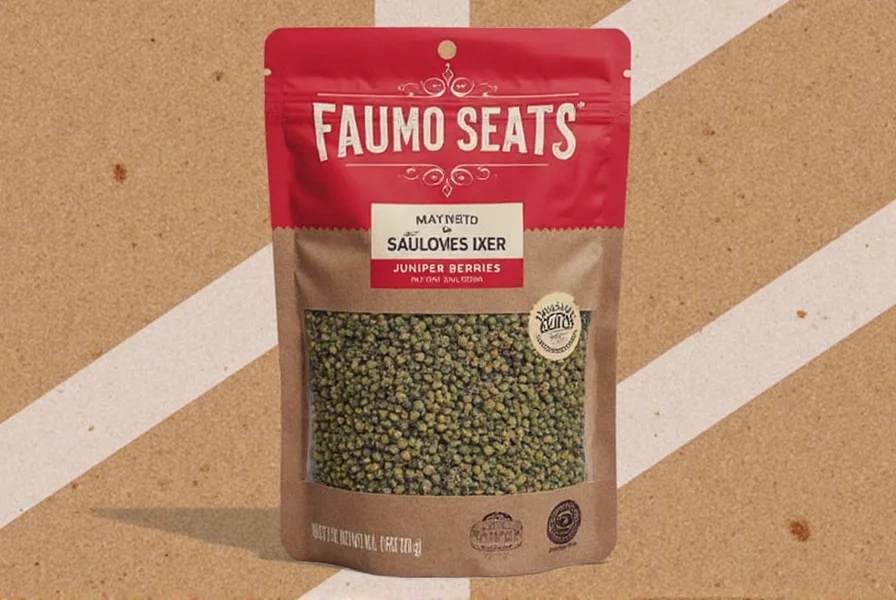
2. Homemade Gin Infusion
Steep 1 tablespoon of dried juniper berries with coriander, lemon peel, and other botanicals in 750ml of neutral spirit for 24-48 hours to create your own craft gin.
3. Rich Game Stews
Add 5-6 whole berries to venison or boar stews for authentic European flavor. Remove before serving to avoid bitterness.
4. Pickling Brine Enhancer
Replace traditional spices with 1 teaspoon crushed juniper berries in your pickling brine for beets, onions, or cucumbers for a unique forest-inspired taste.
5. Juniper Berry Tea
Simmer 1 teaspoon crushed berries in 1 cup water for 10 minutes for a fragrant, digestive-supporting tea. Add honey or lemon for balance.
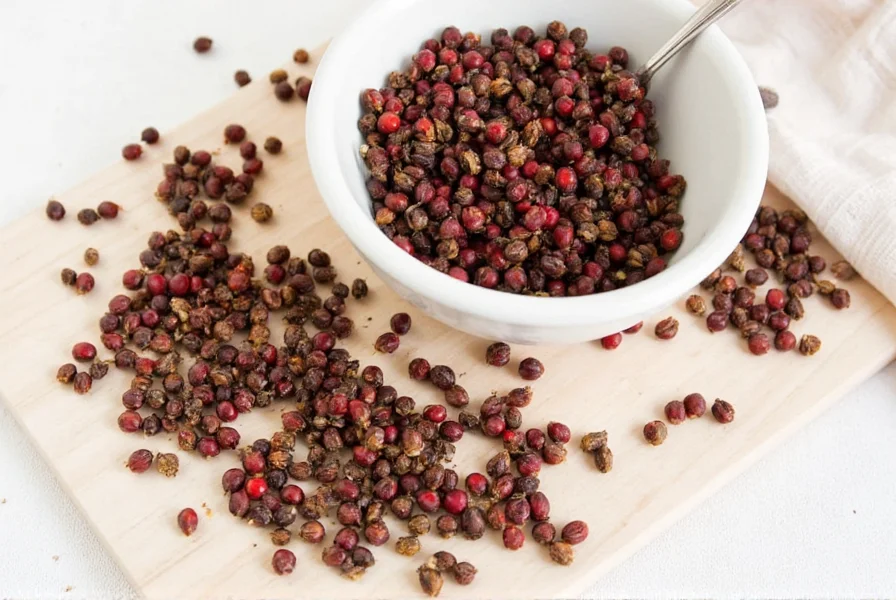
6. Marinade Base for Poultry
Infuse olive oil with crushed juniper berries, garlic, and thyme for a flavorful marinade that tenderizes chicken or turkey.
7. Dessert Enhancement
Use sparingly (1/4 teaspoon) in dark chocolate cakes or brownies for an unexpected but delightful twist. Pair with orange zest for perfect balance.
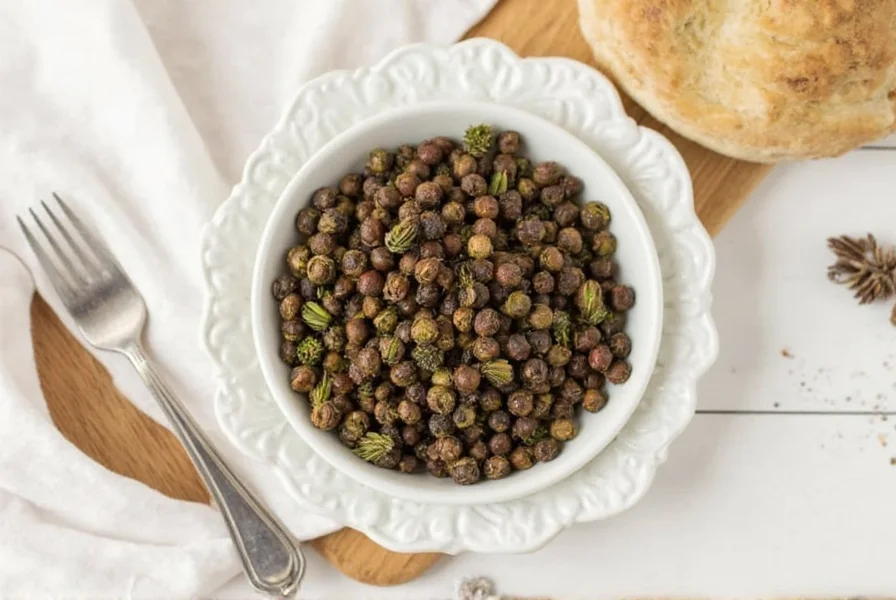
8. Sauce Depth Booster
Simmer 2-3 berries in pan drippings for sauces, then strain to add complexity without overpowering the dish.
9. Bread and Pastry Flavoring
Ground finely and add to focaccia dough or herb crackers for a sophisticated savory bread experience.
10. Vinegar Infusion
Heat 1 tablespoon crushed berries with apple cider vinegar for 15 minutes, then strain for a unique salad dressing base.
Frequently Asked Questions
What are juniper berries exactly?
Despite their name, juniper berries aren't true berries but the fleshy seed cones of juniper trees, specifically from the Juniperus communis species for culinary use. They take about 18-24 months to ripen from green to their characteristic deep blue-purple color.
Are all juniper berries edible?
No, only Juniperus communis berries are considered safe for culinary use. Some juniper species produce berries that can be toxic. Always purchase juniper berries from reputable culinary sources rather than harvesting wild varieties unless you're absolutely certain of the species.
How do I prepare dried juniper berries for cooking?
For most applications, lightly crush the berries to release flavor. Use a mortar and pestle, spice grinder, or the bottom of a heavy glass. For soups and stews, whole berries can be used and removed before serving.
What's the difference between fresh and dried juniper berries?
Fresh juniper berries have higher moisture content and more pronounced citrus notes. Dried berries have a more concentrated, resinous flavor and longer shelf life. Most culinary applications call for dried berries as they're more widely available.
Can I use juniper berries in sweet dishes?
Yes! Use sparingly (1/4 teaspoon per recipe) in dark chocolate desserts, spiced cakes, or fruit compotes. Pair with orange, cinnamon, or honey to balance the piney notes.
How long do dried juniper berries last?
Properly stored in an airtight container away from light and heat, whole dried juniper berries maintain peak flavor for 1-2 years. Ground juniper loses potency more quickly and should be used within 6 months.
What are good substitutes for juniper berries?
If you don't have juniper berries, you can try: rosemary (for piney notes), black pepper and allspice combination, or gin for liquid applications. None perfectly replicate juniper's unique flavor profile.
Are juniper berries the same as those used in gin?
Yes! Juniper berries are the primary flavoring ingredient in gin, which gets its name from "genièvre" (French for juniper). Commercial gins typically distill juniper with other botanicals rather than simply infusing.
Dried Juniper Berries Buying Guide
Not all juniper berries are created equal! To ensure you get the best quality for your recipes, here's what to look for when shopping for dried juniper berries.
Types of Juniper Berries Available
- Whole dried juniper berries: Best for grinding, infusions, and marinades.
- Ground juniper berries: More potent and convenient, but loses freshness faster.
Key Factors to Consider
| Factor | Description |
|---|---|
| Color | Look for deep purple-blue to almost black berries. Avoid faded or overly green ones. |
| Aroma | Should smell fresh and pungent, with a clear pine-citrus note. |
| Texture | Firm and slightly pliable—not brittle or mushy. |
| Packaging | Airtight containers or resealable bags help preserve freshness longer. |
Recommended Brands
Nicolas Vahé Organic Juniper Berries
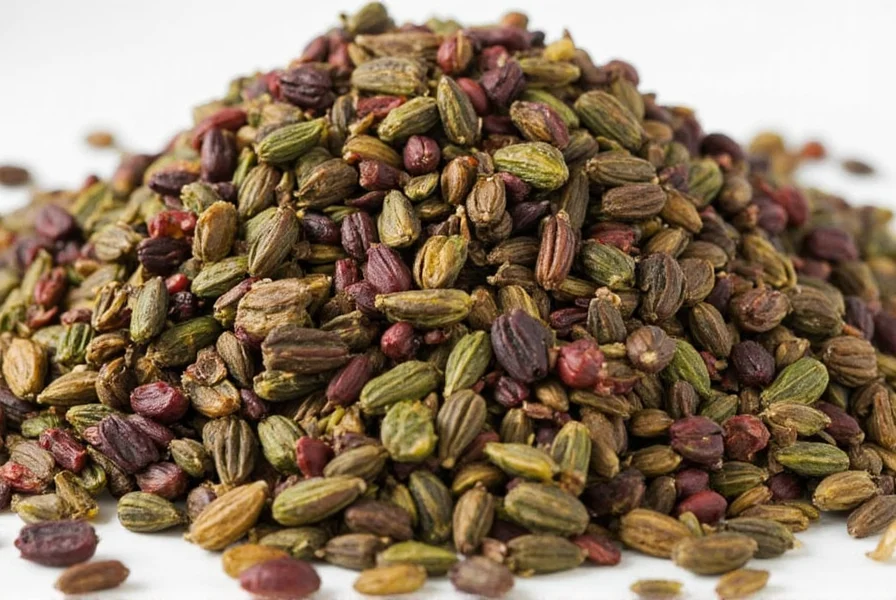
- Features: Organic, sustainably sourced, vacuum-sealed for freshness
- Best For: Gin making, gourmet cooking, specialty applications
Frontier Co-op Whole Juniper Berries
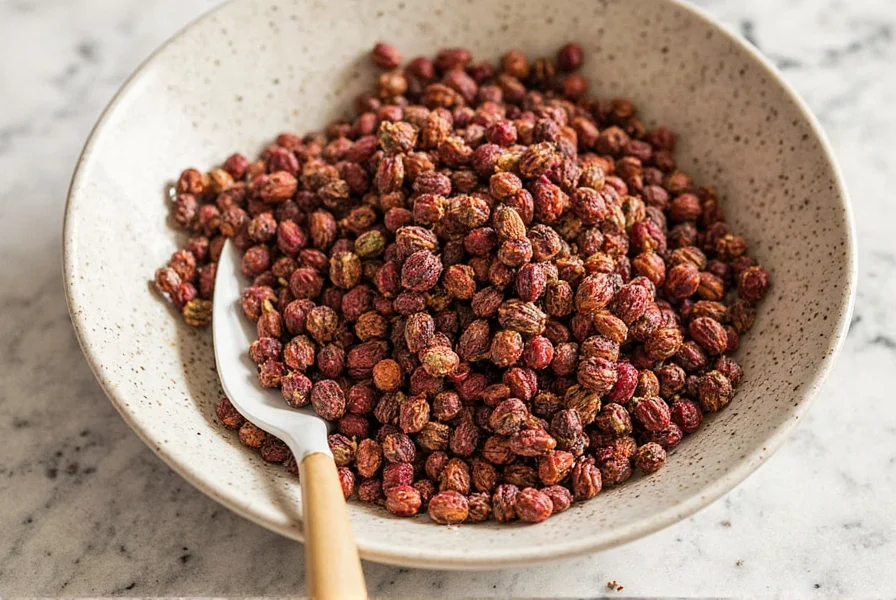
- Features: Non-GMO, fair trade certified, no additives
- Best For: Everyday cooking, marinades, herbal teas
Spice Islands Juniper Berries
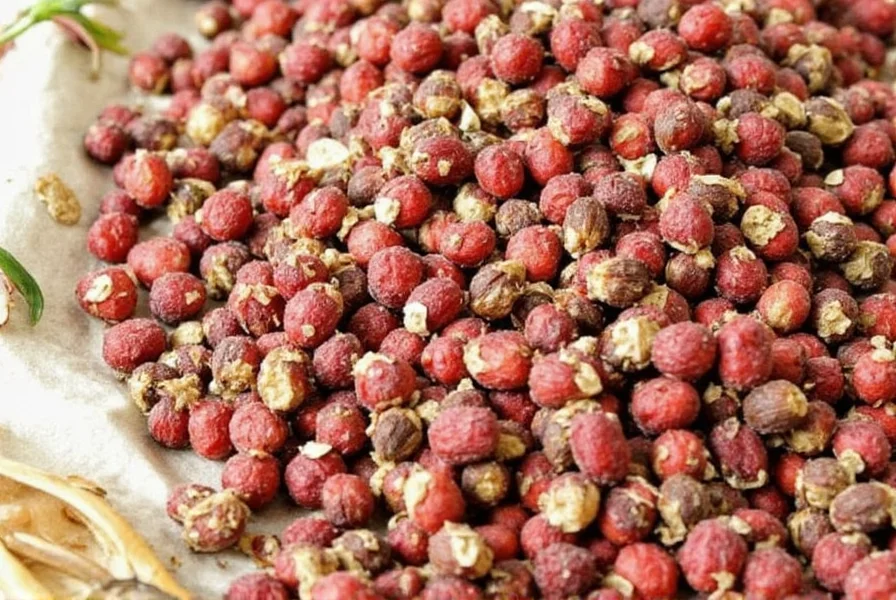
- Features: Widely available in supermarkets
- Best For: Beginners, casual cooking, holiday roasts
Storage Tips
Store in an airtight container away from light and heat. Whole berries maintain peak flavor for 1-2 years; ground juniper should be used within 6 months for optimal flavor.

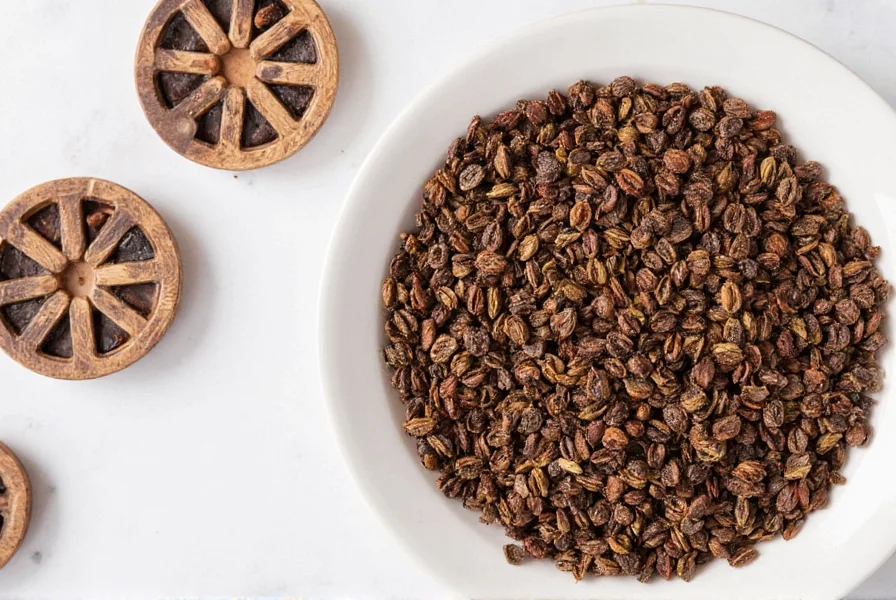









 浙公网安备
33010002000092号
浙公网安备
33010002000092号 浙B2-20120091-4
浙B2-20120091-4